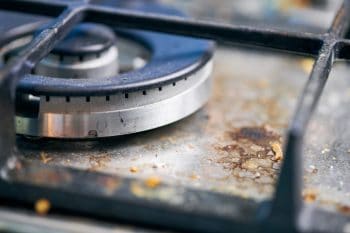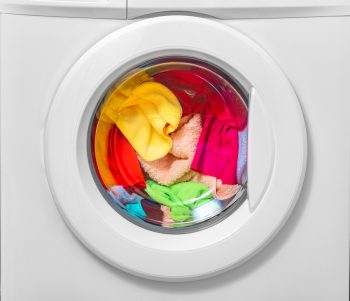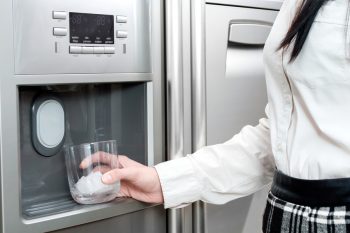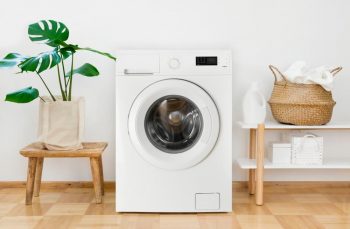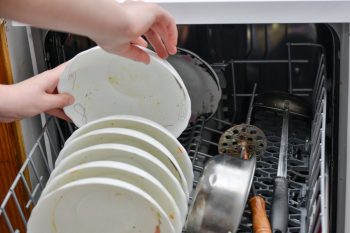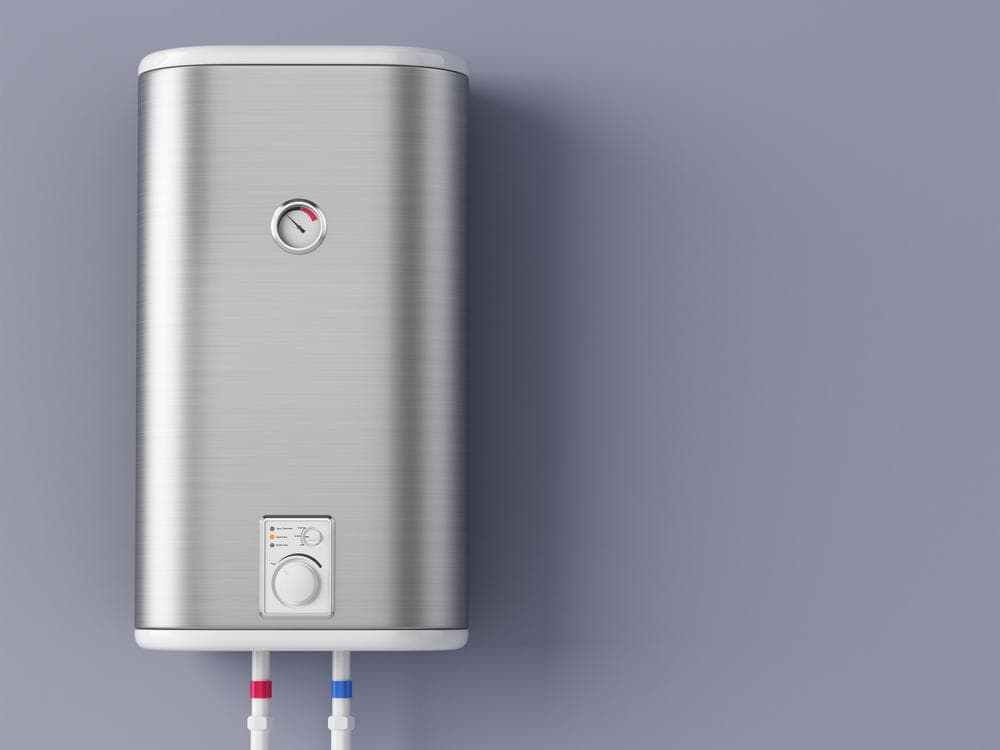
Calcium buildup in water heaters is a common problem faced by many homeowners. Also known as limescale, this buildup occurs when water with a high mineral content (hard water) is heated. Over time, these minerals accumulate inside the water heater, forming an insulating layer that reduces the efficiency of the appliance. This article will help you understand how to prevent calcium buildup in your water heater, extend its lifespan, and maintain its efficiency.
Preventing calcium buildup in a water heater involves regular flushing of the heater, installing a water softener if you live in an area with hard water, using a descaling solution like vinegar or lye, and maintaining the right water temperature between 120°F and 140°F. If the buildup is severe, it’s advisable to call in a professional. Regular maintenance can extend the lifespan of your water heater, reduce energy costs, and ensure a reliable hot water supply.
What is Calcium Buildup and How Does It Affect Your Water Heater?
Calcium buildup, or limescale, is a hard, off-white deposit that forms when hard water is heated. The calcium and magnesium in the water precipitate out, sticking to the sides and bottom of your water heater. Over time, these deposits can create an insulating layer around the heating elements, making them less efficient and forcing them to consume more energy. This can lead to higher energy bills and reduced lifespan of your water heater.
Early Signs of Calcium Buildup
Here are some early signs that you may have a calcium buildup problem in your water heater:
- Rumbling, popping, or hissing sounds: These noises are caused by the water boiling in the sediment layer at the bottom of the tank.
- The water gets warm but never hot: This could be due to a thick layer of sediment insulating the water from the heating element.
- Cloudy or discolored water: Calcium and other minerals can give your hot water a cloudy appearance.
- Increased energy bills: More energy is required to heat water with a thick layer of sediment.
Preventive Measures to Avoid Calcium Buildup
Preventing calcium buildup in your water heater involves regular maintenance and possibly the installation of a water softening system. Here are some steps you can take:
- Flush the water heater regularly: Regular flushing of your water heater can help prevent the buildup of sediment. This involves draining the water out of the tank, flushing out the remaining sediment, and then refilling the tank. This process is recommended at least once a year.
- Install a water softener: If you live in an area with hard water, a water softener can help reduce the amount of calcium and magnesium in your water, thereby reducing the risk of limescale buildup.
- Use Vinegar or Lye: You can use a descaling solution like vinegar or lye to dissolve the calcium deposits. Simply pour the solution into the water heater, let it sit for a few hours, then flush it out.
- Maintain the right temperature: Keeping your water heater at the right temperature can help prevent calcium buildup. The ideal temperature is between 120°F and 140°F.
Professional Services for Calcium Buildup
If you’re uncomfortable performing these tasks yourself or if your water heater is severely affected by calcium buildup, it may be time to call in a professional. Plumbers and water heater specialists have the tools and knowledge to thoroughly clean your water heater and restore it to optimal performance.
Remember, regular maintenance and monitoring of your water heater can help you identify and address calcium buildup issues before they become more severe and costly to fix. By taking these preventive measures, you can extend the lifespan of your water heater, reduce your energy costs, and ensure a reliable supply of hot water for your household.
Frequently Asked Questions
What is hard water?
Hard water is water that has a high mineral content, specifically calcium and magnesium. These minerals can form deposits inside water heaters and other appliances that heat water, causing damage and reducing efficiency.
How does a water softener work?
A water softener works by replacing the calcium and magnesium ions in hard water with sodium ions. This process, known as ion exchange, prevents the hard minerals from forming deposits in your appliances and plumbing.
Can vinegar really dissolve calcium deposits?
Yes, vinegar can dissolve calcium deposits. The acetic acid in vinegar reacts with the calcium carbonate in the limescale, breaking it down. However, this method may not be effective for severe buildup, in which case a professional cleaning may be necessary.
Is it dangerous to have calcium buildup in my water heater?
Calcium buildup in your water heater can cause it to work less efficiently and may shorten its lifespan. In extreme cases, it can cause the water heater to fail completely. However, it does not make the water unsafe to use.
How often should I flush my water heater?
It is recommended to flush your water heater at least once a year. However, if you live in an area with hard water, you may need to do it more frequently. Regular flushing can help prevent calcium buildup and maintain the efficiency of your water heater.



